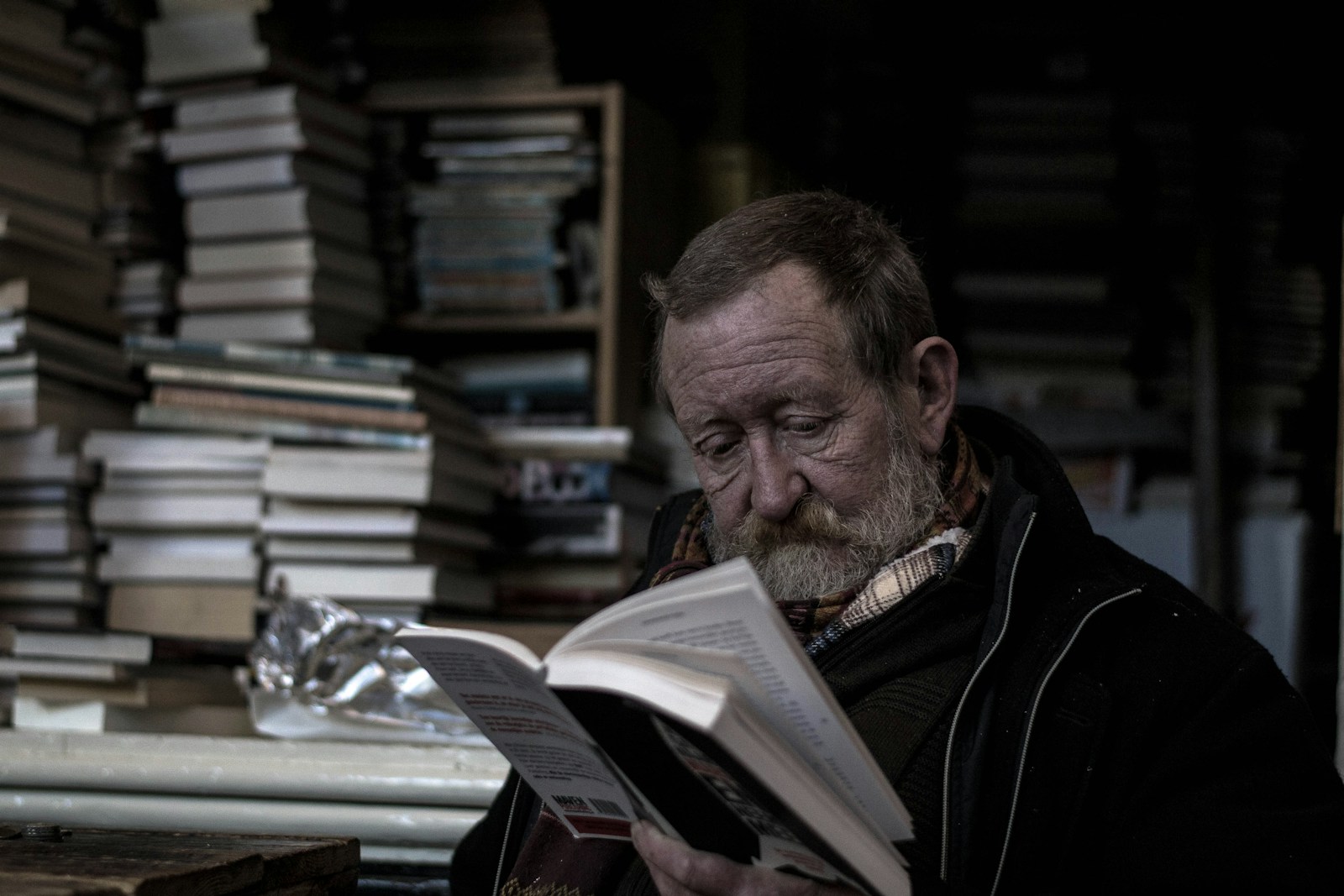Throughout history, literature has served as a mirror reflecting the complexities of human experience, particularly during tumultuous times. Ancient Chinese poetry, with its rich tradition and profound emotional depth, offers a compelling lens through which to examine how significant historical events shaped literary creation. This exploration delves into various historical contexts, illustrating how poets responded to political upheaval, social change, and cultural shifts through their works.
An Engaging Narrative: The Poet Amidst War
Imagine a young poet named Li Bai, standing on the banks of the Yangtze River during the Tang Dynasty. As the sounds of distant battles echo in the air, he feels compelled to express his thoughts and emotions through verse. The political turmoil of his time—marked by rebellion and strife—fuels his creativity, prompting him to write poems that capture both the beauty of nature and the sorrow of human suffering. This narrative encapsulates how historical events can ignite the creative spark in poets, leading to works that resonate with universal themes of love, loss, and resilience.
Historical Context: The Evolution of Chinese Poetry
The Zhou Dynasty and Early FormsThe roots of ancient Chinese poetry can be traced back to the Zhou Dynasty (1046–256 BCE), where poetry was intertwined with ritual and governance. The “Book of Songs” (Shijing) emerged as one of the earliest anthologies, reflecting societal values and sentiments during a time of feudal fragmentation. These poems often addressed themes related to agricultural life and social order, serving both as a means of preserving history and as a tool for moral instruction.The Tang Dynasty: A Golden Age Amidst TurmoilThe Tang Dynasty (618–907 CE) is often regarded as the pinnacle of Chinese poetry. However, this era was not without its challenges. Political instability, including rebellions such as the An Lushan Rebellion (755–763 CE), profoundly influenced poets like Du Fu and Li Bai. Du Fu’s work often reflects his concern for the suffering of common people during these turbulent times, while Li Bai’s romanticism offers an escape from harsh realities. Their contrasting styles highlight how poets navigated personal expression within broader historical narratives.
Major Historical Events and Their Impact on Poetry
Political Upheaval: The Fall of DynastiesThe transition between dynasties often spurred significant literary output. For example, during the Six Dynasties period (220–589 CE), China experienced fragmentation and civil strife. Poets sought refuge in nature and personal expression amid chaos, leading to a flourishing of lyrical poetry that emphasized emotional depth and individual experience. This era produced notable figures such as Tao Yuanming, whose pastoral themes reflected a yearning for peace amidst societal discord.Cultural Exchange: The Silk RoadThe Silk Road facilitated cultural exchanges that enriched Chinese poetry. As traders and travelers brought new ideas from Central Asia and beyond, poets began to incorporate diverse themes into their works. The influence of Buddhism introduced new philosophical concepts that transformed poetic subject matter, allowing for deeper explorations of existence and spirituality.
Themes in Ancient Poetry Shaped by Historical Context
War and SufferingHistorical events often evoke themes of war and suffering in poetry. Du Fu’s poignant verses capture the anguish experienced by soldiers and civilians alike during times of conflict. His poem “Spring View” reflects despair over the destruction wrought by war:
“The nation shattered; mountains and rivers remain.”
Such lines resonate with readers across generations, illustrating how personal grief intertwines with collective trauma.Nature as RefugeIn contrast to themes of conflict, many poets turned to nature as a source of solace. During periods of unrest, poets like Wang Wei found refuge in natural landscapes, using imagery to convey peace and tranquility amidst chaos. His works often juxtapose serene nature scenes with human emotions, creating a harmonious balance that speaks to the restorative power of nature.
The Role of Women in Ancient Poetry
While much attention is given to male poets in ancient China, women also played significant roles in literary creation—often shaped by historical contexts that constrained their voices. Figures like Li Qingzhao emerged during times when women’s literary contributions were increasingly recognized despite societal limitations.Li Qingzhao’s poetry reflects her personal experiences during political upheaval in the Song Dynasty (960–1279 CE). Her verses convey profound emotions related to love and loss against a backdrop of war:
“In a dream I return to my hometown; / Only to find it changed beyond recognition.”
These lines illustrate how historical events influence not only thematic content but also emotional expression within women’s poetry.

Conclusion: The Enduring Legacy of Historical Influence on Poetry
The exploration of ancient Chinese poetry reveals how historical events profoundly shaped literary creation across centuries. From political upheaval to cultural exchange, poets responded to their environments with works that resonate with timeless human experiences.As we reflect on these contributions, it is essential to recognize the enduring power of poetry as a vehicle for expressing complex emotions amid changing circumstances. By studying these historical influences on poetry, we gain insights into not only the past but also our shared humanity—a reminder that even in times of turmoil, art continues to flourish as a testament to resilience and creativity.
